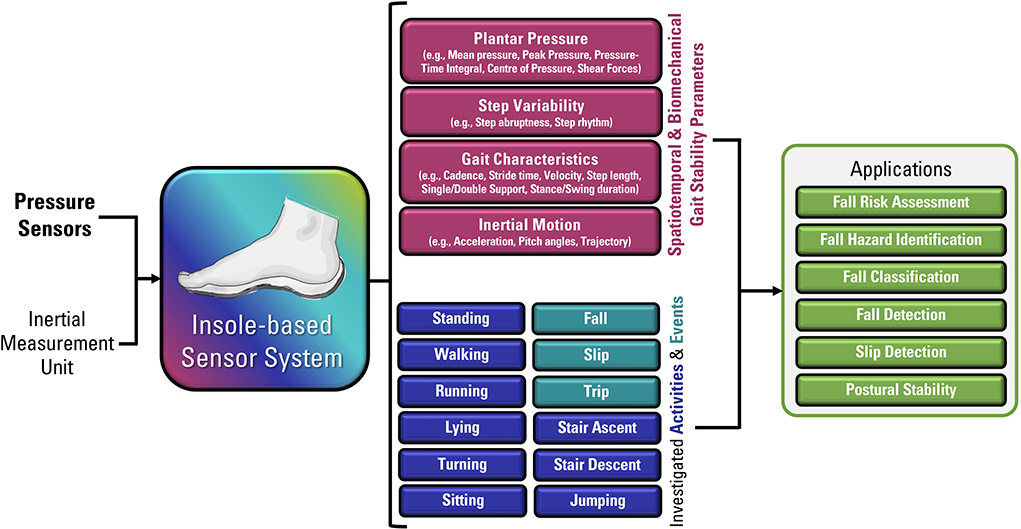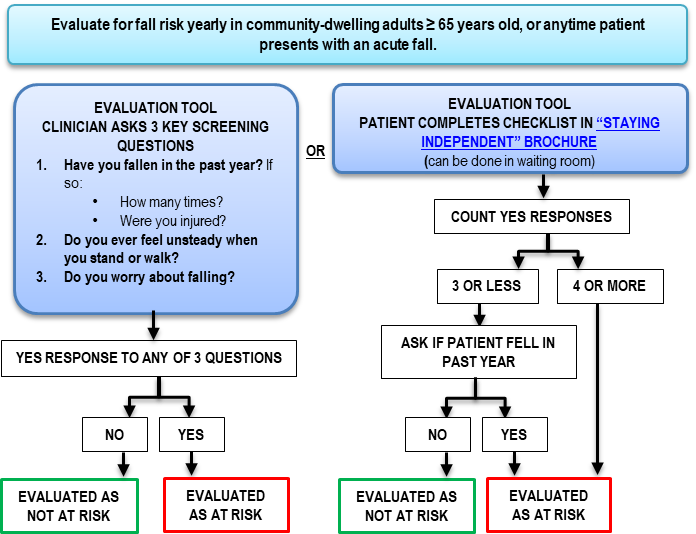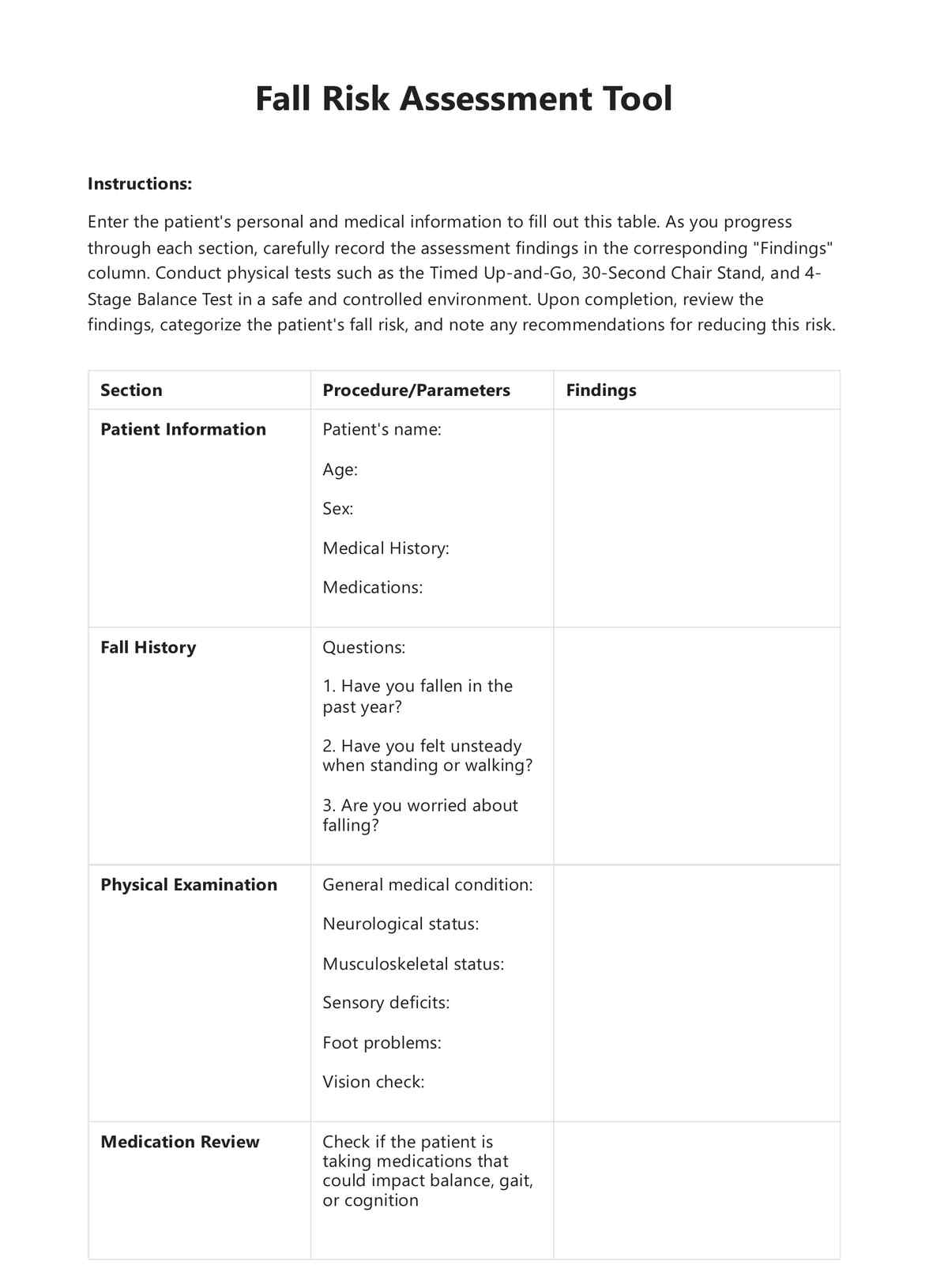All about Dementia Fall Risk
All about Dementia Fall Risk
Blog Article
What Does Dementia Fall Risk Do?
Table of ContentsThe Facts About Dementia Fall Risk UncoveredThe 4-Minute Rule for Dementia Fall RiskDementia Fall Risk - An OverviewOur Dementia Fall Risk DiariesGetting My Dementia Fall Risk To Work
The FRAT has three areas: fall risk status, threat aspect list, and activity plan. An Autumn Threat Standing consists of information about background of recent falls, medicines, emotional and cognitive status of the client - Dementia Fall Risk.If the patient scores on a threat variable, the corresponding variety of points are counted to the individual's fall risk rating in the box to the far best. If a person's autumn danger score amounts to 5 or higher, the individual is at high danger for falls. If the patient ratings just four points or reduced, they are still at some risk of dropping, and the nurse should utilize their best scientific analysis to manage all autumn risk factors as part of an all natural treatment plan.
These basic methods, generally, help establish a risk-free atmosphere that reduces unintended falls and delineates core safety nets for all individuals. Indicators are essential for people in danger for drops. Health care companies need to acknowledge who has the problem, for they are accountable for applying activities to promote individual safety and security and stop falls.
Top Guidelines Of Dementia Fall Risk
Wristbands must include the client's last and very first name, day of birth, and NHS number in the UK. Just red color ought to be utilized to indicate special individual condition.
Items that are as well much might need the individual to get to out or ambulate unnecessarily and can potentially be a danger or add to drops. Aids stop the patient from going out of bed without any kind of help. Registered nurses react to fallers' phone call lights quicker than they do to lights started by non-fallers.
Visual impairment can substantially cause drops. Keeping the beds closer to the flooring decreases the threat of falls and serious injury. Placing the cushion on the floor considerably lowers autumn threat in some medical care settings.
The Buzz on Dementia Fall Risk
Patients who are high and with weak leg muscles that try to rest on the bed from a standing placement are likely to drop onto the bed due to the fact that it's as well low for them to reduce themselves securely. Also, if a tall individual attempts to get up from a low bed without aid, the client is most likely to fall back down onto the bed or miss out on the bed and fall onto the flooring.
They're created to advertise prompt rescue, not to prevent falls from bed. Aside from bed alarm systems, enhanced supervision for risky people also may aid stop drops.

Patients with an evasion stride boost autumn chances substantially. To decrease autumn danger, footwear ought to be with a little to no heel, slim soles with slip-resistant tread, and support the ankle joints. Advise individual to utilize nonskid socks to avoid the feet from moving upon standing. However, urge people to put on ideal, well-fitting shoesnot nonskid socks for ambulation.
The Ultimate Guide To Dementia Fall Risk
In a research study, homes with adequate illumination record less drops (Ramulu et al., 2021). Renovation in lighting at home may lower fall rates in older grownups.

Sitters work for guaranteeing a secure, secured, and risk-free atmosphere. Researches demonstrated extremely low-certainty evidence that sitters minimize loss threat in acute treatment medical facilities and just moderate-certainty that choices like video clip surveillance can minimize sitter use without increasing fall risk, suggesting that sitters are not as beneficial as at first thought (Greely et al., 2020).
The Ultimate Guide To Dementia Fall Risk

Increased physical fitness lowers the threat for falls and limits injury that is endured when loss takes place. Land and water-based workout programs may be in a similar way valuable on balance Visit Your URL and stride and consequently minimize the threat for falls. Water workout might add a favorable advantage on equilibrium and stride for women 65 years and older.
Chair Surge Exercise is an easy sit-to-stand exercise that helps strengthen the muscle mass in the thighs and butts and enhances wheelchair and freedom. The objective is to do Chair Increase exercises without making use of hands as the customer ends up being stronger. See sources area for an in-depth direction on exactly how to carry out Chair Increase exercise.
Report this page